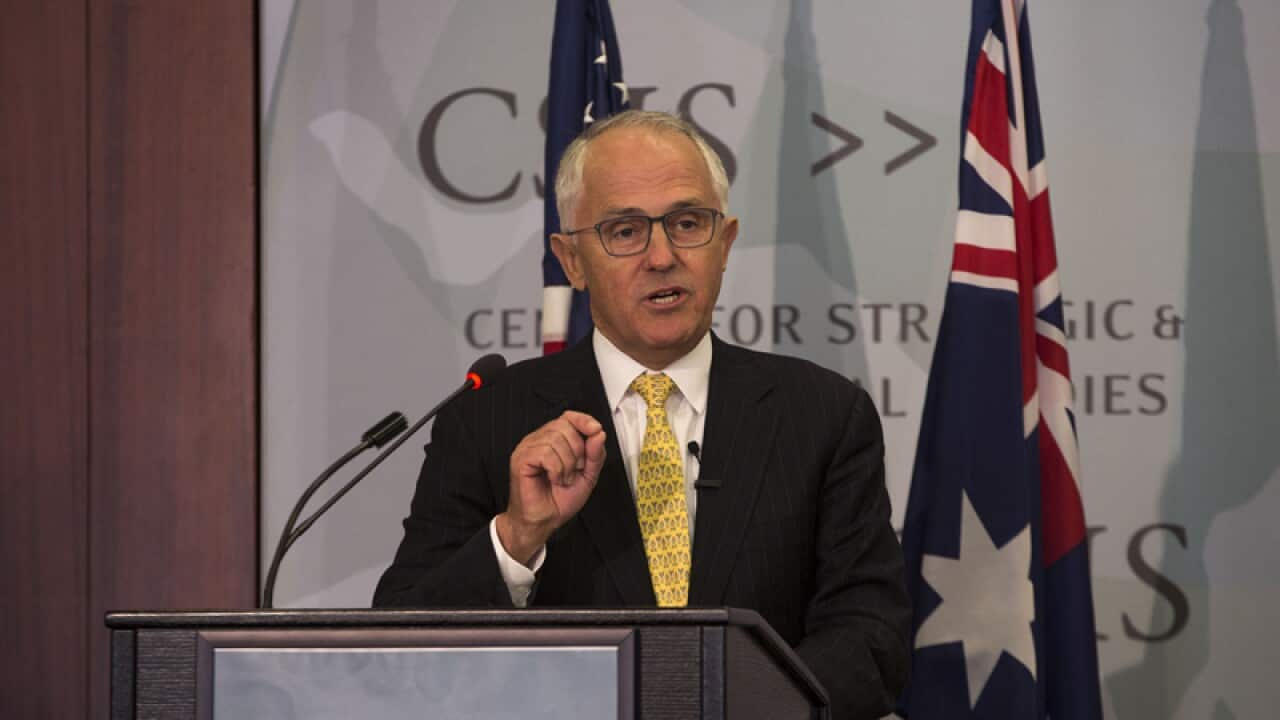Defence chiefs from the US, Britain, Australia, France and four other countries have pledged to intensify their fight against Islamic State, in an effort to capitalise on recent battlefield gains against the militants.
Attending a meeting in Paris on Wednesday to discuss a joint strategy against the militant group were British Defence Secretary Michael Fallon, US Secretary of Defence Ashton Carter, French Defence Minister Jean-Yves Le Drian and Australian Defence Minister Marise Payne.
Australia has 780 defence personnel deployed in the Middle East providing training and conducting air strikes over Iraq and Syria in a bid to counter IS.
Related reading

Iraq, Syria 'must own victory against IS'
The jihadist group lost control of the western Iraqi city of Ramadi last month, in a sorely needed victory for US-backed Iraqi forces.
"We agreed that we all must do more," Carter told a news conference after talks in Paris among the "core" military coalition members, which also included Germany, Italy, Australia and the Netherlands.
A joint statement by the Western ministers re-committed their governments to work with the US-led coalition "to accelerate and intensify the campaign."
The Paris setting for the talks itself sent a message, coming just over two months after the city was struck by deadly shooting and bombing attacks claimed by Islamic State.
Le Drian sounded an upbeat tone about the campaign, saying Islamic State was in retreat.
"Because Daesh is retreating on the ground and ... because we have been able to hit its resources, it's now time to increase our collective effort by putting in place a coherent military strategy," he said.
Fallon said the goal was now to "tighten the noose around the head of the snake in Syria in Raqqa."
Carter forecast that the coalition would need to ramp up the number of police and military trainers. He also emphasized preparations to eventually recapture the Iraqi city of Mosul from Islamic State and the expanding role of US special operations forces in Iraq and Syria.
Related reading

3500 slaves held by IS in Iraq: UN report
US officials have declined to set a timeline for what could be a long-term campaign that also requires political reconciliation to ultimately succeed.
Carter announced a meeting next month of defence ministers from all 26 military members of the anti-Islamic State coalition, as well as Iraq, in what he described as the first face-to-face meeting of its kind.
"Every nation must come prepared to discuss further contributions to the fight," he said. "And I will not hesitate to engage and challenge current and prospective members of the coalition as we go forward."

